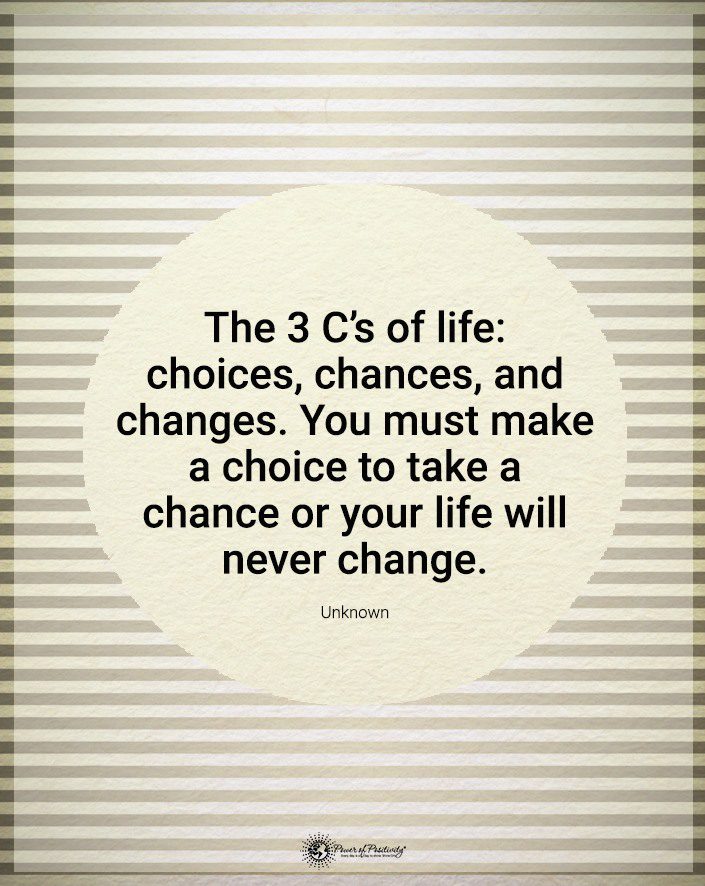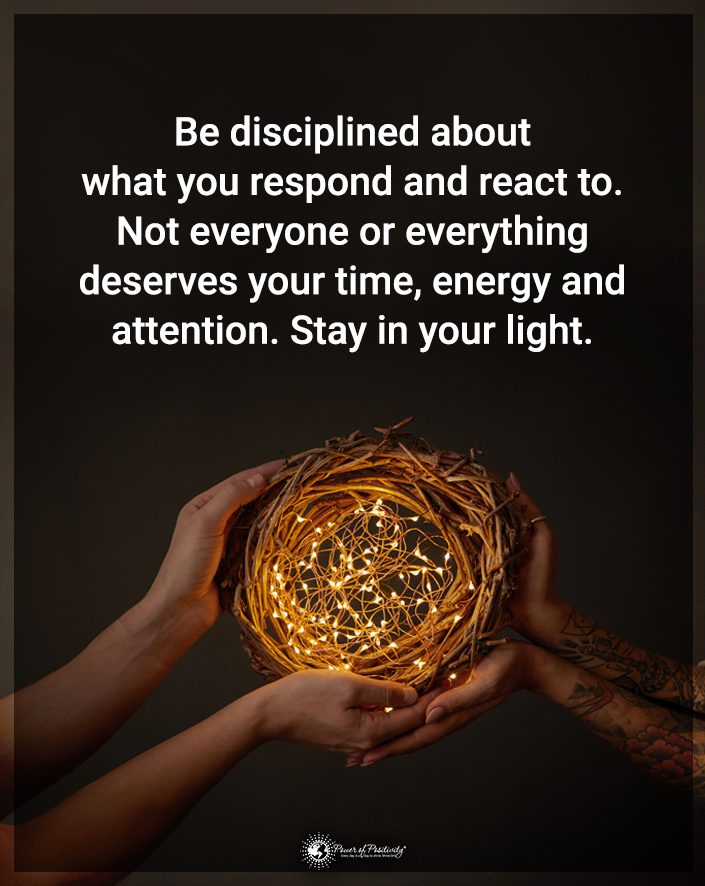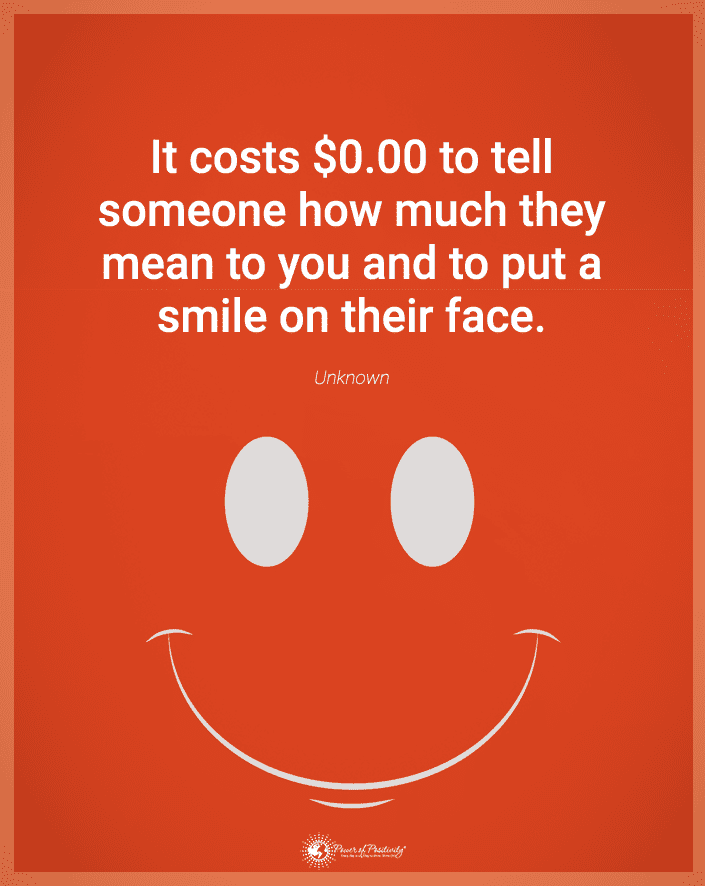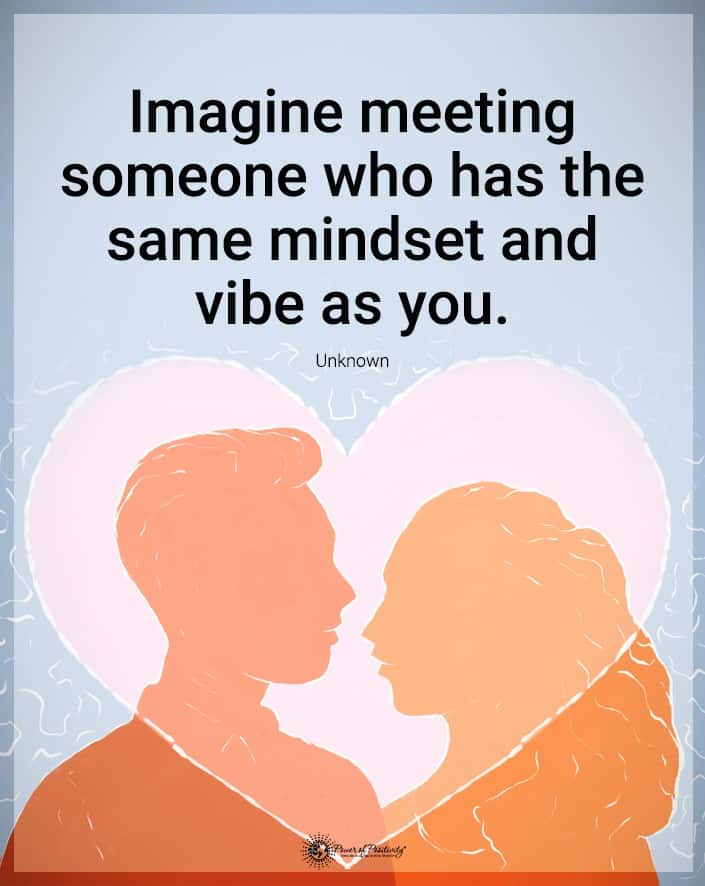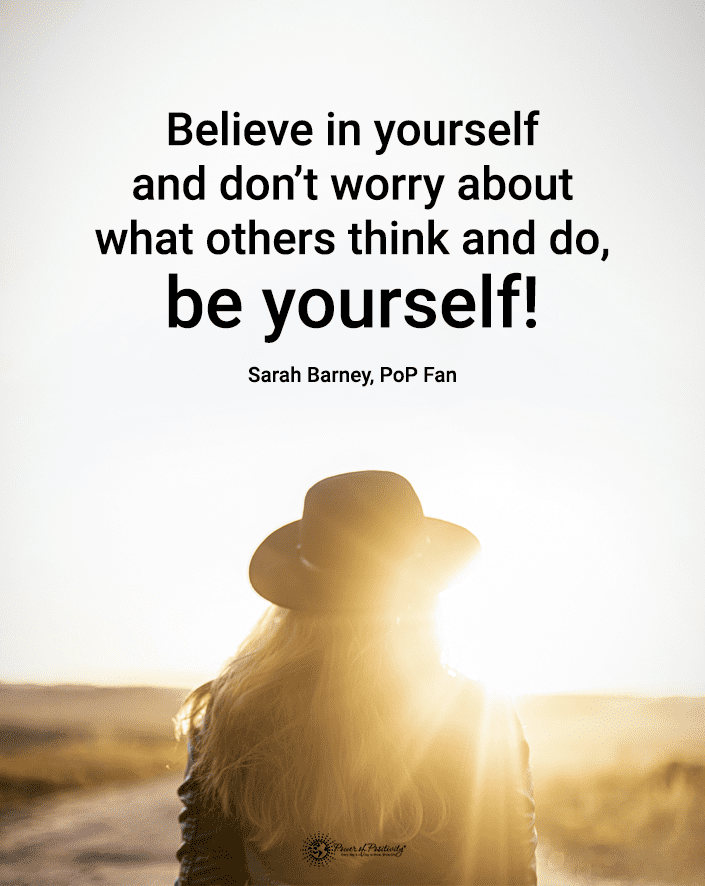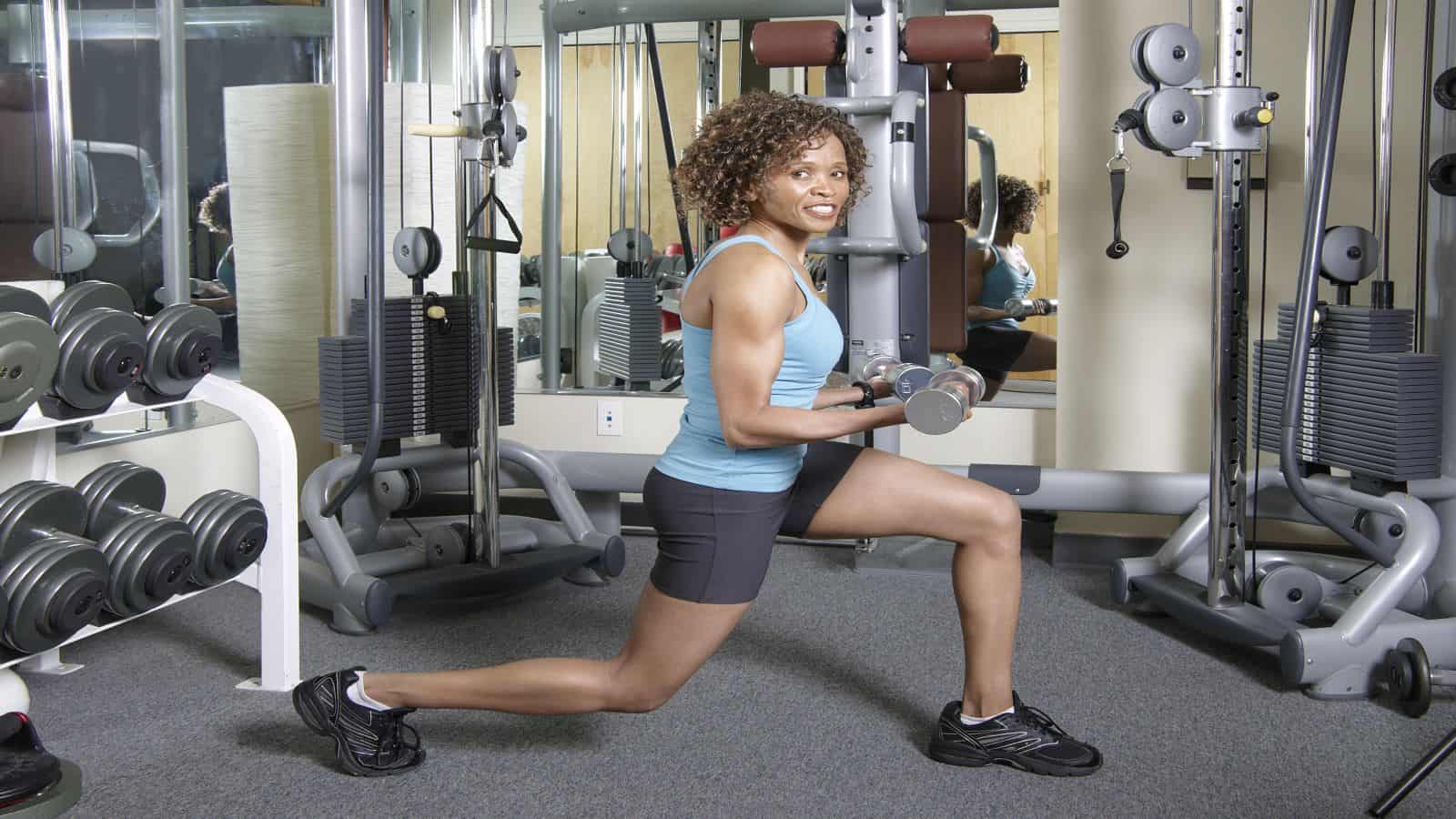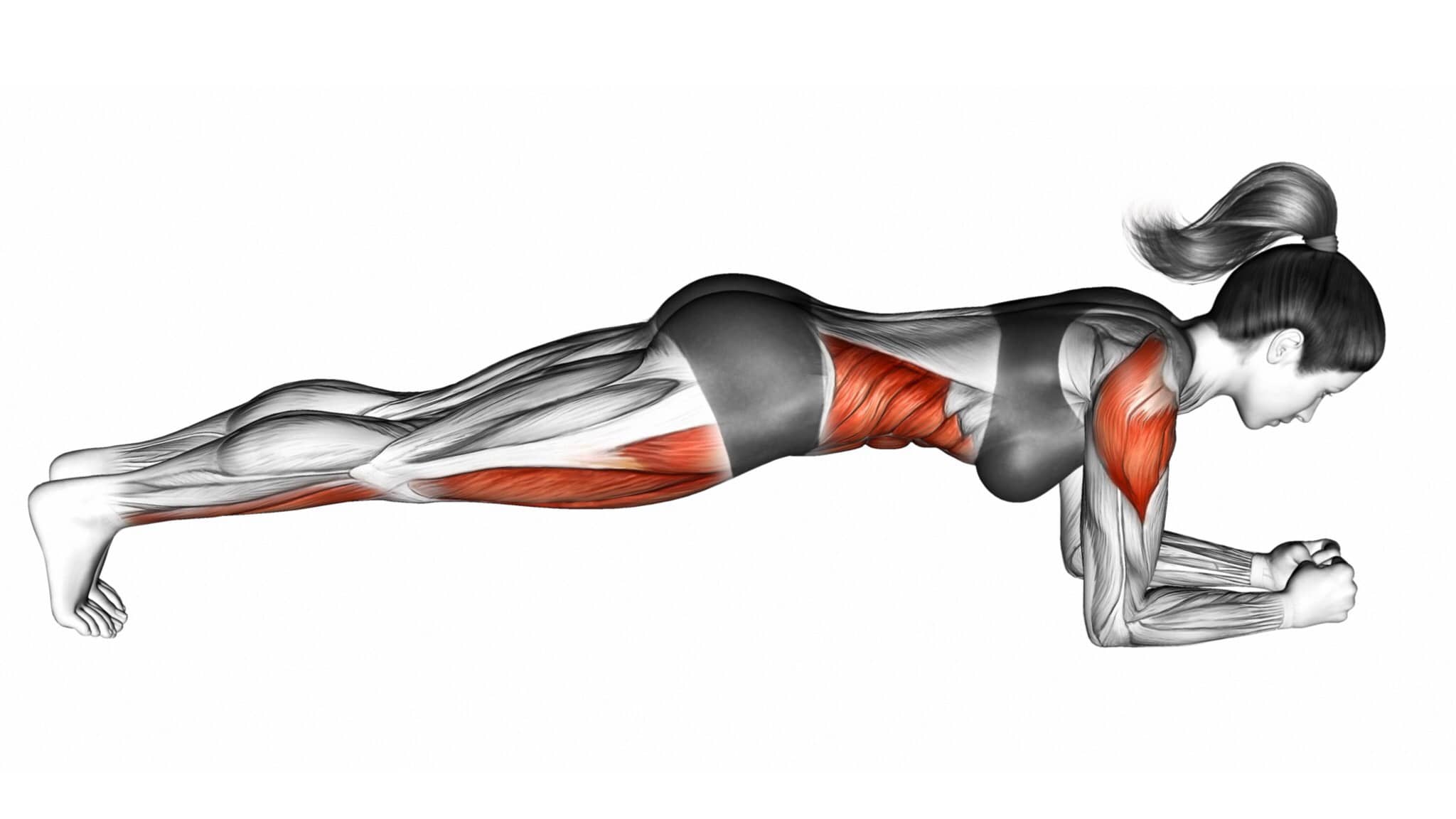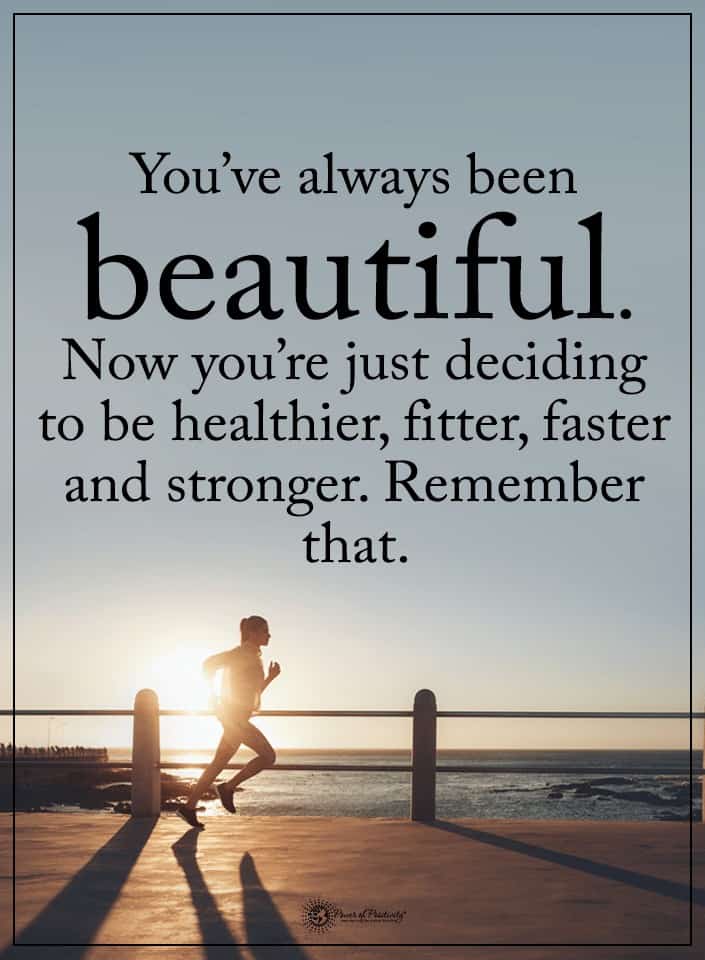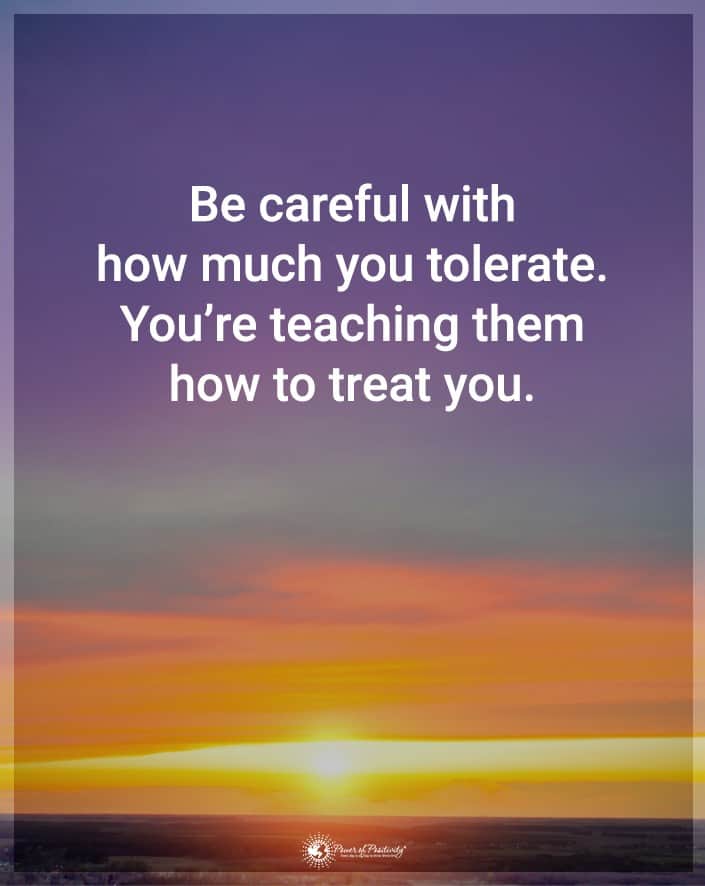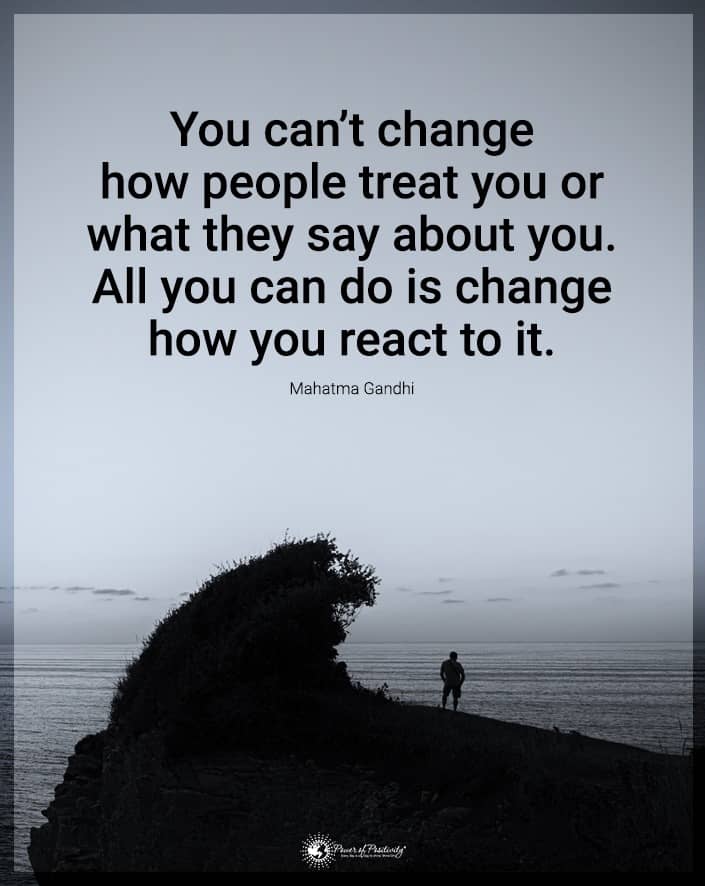Interpersonal skills are how you effectively communicate and interact with others. These essential skills enable you to build and maintain relationships, resolve conflicts, and work collaboratively. Cultivating strong interpersonal skills is vital to leading a better life and happiness.
Effective interpersonal communication is the foundation of healthy relationships, helping build trust, respect, and understanding. It involves expressing yourself with clarity and listening actively to others. Building this skill can lead to better relationships with family, friends, and colleagues to improve your overall quality of life.
Interpersonal skills are essential in the workplace. Employers value employees who communicate effectively, work well in teams, and resolve conflicts. These skills can boost job performance, career advancement, and job satisfaction.
Improving interpersonal skills for a better life can lead to personal growth and self-awareness. When you communicate effectively with others, you also learn to understand yourself better. You can identify your strengths and weaknesses, set goals, and work towards self-improvement for a sense of purpose.
These 5 Interpersonal Skills Are Integral to a Better Life
Interpersonal skills can improve all areas of your life and boost happiness. You can start by focusing on these essential skills:
1 – Active Listening (Maybe the Most Important of the Interpersonal Skills!)
The importance of active listening is too high to ignore. It means paying close attention to what someone is saying and demonstrating that you understand their message. It involves asking questions, summarizing what they said, and responding appropriately.
Active listening is integral to happiness because it improves interpersonal relationships through understanding, empathy, and communication. It requires the listener to pay attention to the speaker, understand what they are conveying, and respond appropriately.
Unlike critical listening, active listening is not about evaluating the message or offering an opinion. Instead, it’s about making the speaker feel heard and validated.
Active listening helps build trust and encourages you to understand other people’s situations and feelings. It empowers the listener to offer support and solutions to problems.
By actively listening, the listener can respond appropriately to the speaker, which can help prevent misunderstandings and conflicts. It is also essential to defuse a situation and seek solutions to conflicts.
Active listening also involves non-verbal communication, such as maintaining eye contact and nodding. It shows the speaker that the listener is engaged and interested in their communication.
2 – Emotional Intelligence
Emotional intelligence (EI) is when you recognize, understand, and manage your and other people’s emotions. It is integral to happiness and contributes to better interpersonal relationships in the following ways:
Empathy
EI helps you be more empathetic towards others, meaning you can understand and share the feelings of others. By showing empathy, you can better understand emotions and respond in a supportive and caring way.
Self-awareness
EI promotes self-awareness, meaning you can recognize and understand your emotions. By being self-aware, you can better understand how your emotions affect your behavior and relationships.
Self-regulation
EI helps with self-regulation, meaning you can control your impulses and channel your behavior healthily and constructively. By regulating your emotions, you can avoid reacting impulsively and causing harm to your relationships.
The Role of Emotional Intelligence in Relationships
Couples with well-developed emotional intelligence tend to have stronger relationships. Emotionally intelligent partners are better at handling romances appropriately and empathetically. They can communicate and behave healthily and lovingly.
Couples with similar emotional intelligence levels will likely be happier and stay together longer. It can help you recognize your and your partner’s emotional needs and desires.
Happiness
EI is integral to joy because it makes you aware of the constantly occurring changes in yourself and others. Building your EI can help boost the sensitivity you seek in a relationship. Emotional intelligence is a toolkit that helps create more of the emotions you want and manage those you don’t want.
3 – Assertiveness
Assertiveness is integral to happiness because it promotes self-confidence, respectful communication, and healthy boundaries. Being assertive can help you:
- gain self-confidence and self-esteem
- understand and recognize your feelings
- earn respect from others
- improve communication
- create win-win situations
- improve your decision-making skills
- create honest relationships
- reduce stress
- improve productivity
When you are assertive, you can express yourself effectively while respecting the beliefs and rights of others. You’ll be eager to stand up for your interests and express your thoughts and feelings. Assertiveness also demonstrates understanding other people’s rights and helps you create healthier relationships.
Setting healthy boundaries prevents others from taking advantage of you and helps you avoid taking on too many responsibilities. Assertiveness can help you make better decisions and take faster, more productive actions. It also promotes physical and emotional well-being and helps manage your personal and professional life.
How to Become More Assertive
If you want to be more assertive, you can:
- Reflect on your communication style: Take inventory of how you voice your thoughts and feelings. Consider whether you use a passive or aggressive communication style or are straightforward.
- Use “I” statements: Being assertive is about getting people to respect your needs and point of view. Use “I” statements to convey your thoughts and feelings rather than judging or blaming another person.
- Practice saying “no”: Get comfortable saying “no” without feeling guilty or apologizing excessively. It’s also crucial to note that you don’t have to explain yourself unless you want to.
- Believe in yourself: To be more assertive, you must build a strong belief in your inherent value and your value to your organization.
- Start small: Practice assertive behavior in low-risk situations. You can try this out with someone safe, like a partner or a close friend.
- Be clear about behavior, results, and feelings: When expressing your needs or requests, list the behavior you want to change, the results you want to see, and your feelings about the situation. Being clear ensures everyone is on the same page about what you want or need.
- Think of your responses ahead of time: If you often say yes when put on the spot, you can avoid the situation by coming up with responses ahead of time. It’ll be easier to give a better answer when you have a few phrases prepared for turning down a request.
- Practice positive self-talk: Interrupt negative thoughts by replacing them with positive ones, reminding yourself that your time is essential. It’s okay to be assertive, and hyping yourself up is one of the best ways.
4 – Non-Verbal Communication
Non-verbal communication, which includes body language, facial expressions, and eye contact, plays a crucial role in interpersonal relationships and happiness. These interpersonal skills can convey countless emotions without saying a word, sow understanding, and signal empathy and attentiveness.
Eye contact is essential since the visual sense is dominant for most people. It communicates interest, affection, anger, annoyance, hostility, attraction, and more. Looking someone in the eyes shows people they have your attention, helps you read facial expressions, and boosts confidence.
Non-verbal communication can also help build a personal connection, an essential aspect of happiness in interpersonal relationships. It is integral to happiness since it helps people understand each other better and build stronger relationships.
How to Improve Your Non-Verbal Communication Skills
Improving your non-verbal communication skills can help you communicate your message more clearly and effectively. It can help you personally and professionally. Here are some tips to boost your non-verbal communication skills:
- Focus on body language
- Avoid crossing your arms, opting for an open-body position instead
- Look for shifting behaviors that signal the other person disagrees
- Consider your tone of voice
- Mimic non-verbal communications you find effective
- Be intentional about your non-verbal communications
- Avoid fidgeting
- Practice reading and communicating effective nonverbal messages
- Be confident, articulate, and professional when speaking
- Be an empathic listener and persuasive speaker
- Develop strong interpersonal skills resulting in exceptional rapport with people
5 – Conflict Resolution
Conflict resolution is essential for happiness because it improves interpersonal relationships. Experiencing conflict can trigger strong emotions, hurt feelings, disappointment, and discomfort.
However, when handled respectfully and positively, it can strengthen the bond between two people. It leads to a peaceful resolution so you can move forward without hurting one another.
Resolving a conflict requires learning and practicing problem-solving, negotiation, and mediation skills. Active listening, communication, and collaboration are essential conflict-resolution skills.
Collaboration is essential because working together to find a solution will resolve the issue faster and improve the relationship. When you overcome conflict healthily, it increases your understanding of the other person. It also builds empathy and strengthens your bond with those around you.
Final Thoughts on How Good Interpersonal Skills Lead to a Better Life, Happiness, and Satisfaction
Improving these interpersonal skills and happiness can help you build stronger relationships with others. Strong interpersonal skills can lead to personal and professional satisfaction. It’s essential for communicating effectively and working well with others.
People with strong interpersonal skills often work well with other people, including in teams or groups, formally and informally. They communicate effectively with others, whether family, friends, or colleagues.
You can start by looking inwards and working on personal skills such as emotional intelligence, active listening, and empathy to improve interpersonal skills. Building interpersonal skills promotes happiness and a better life.

